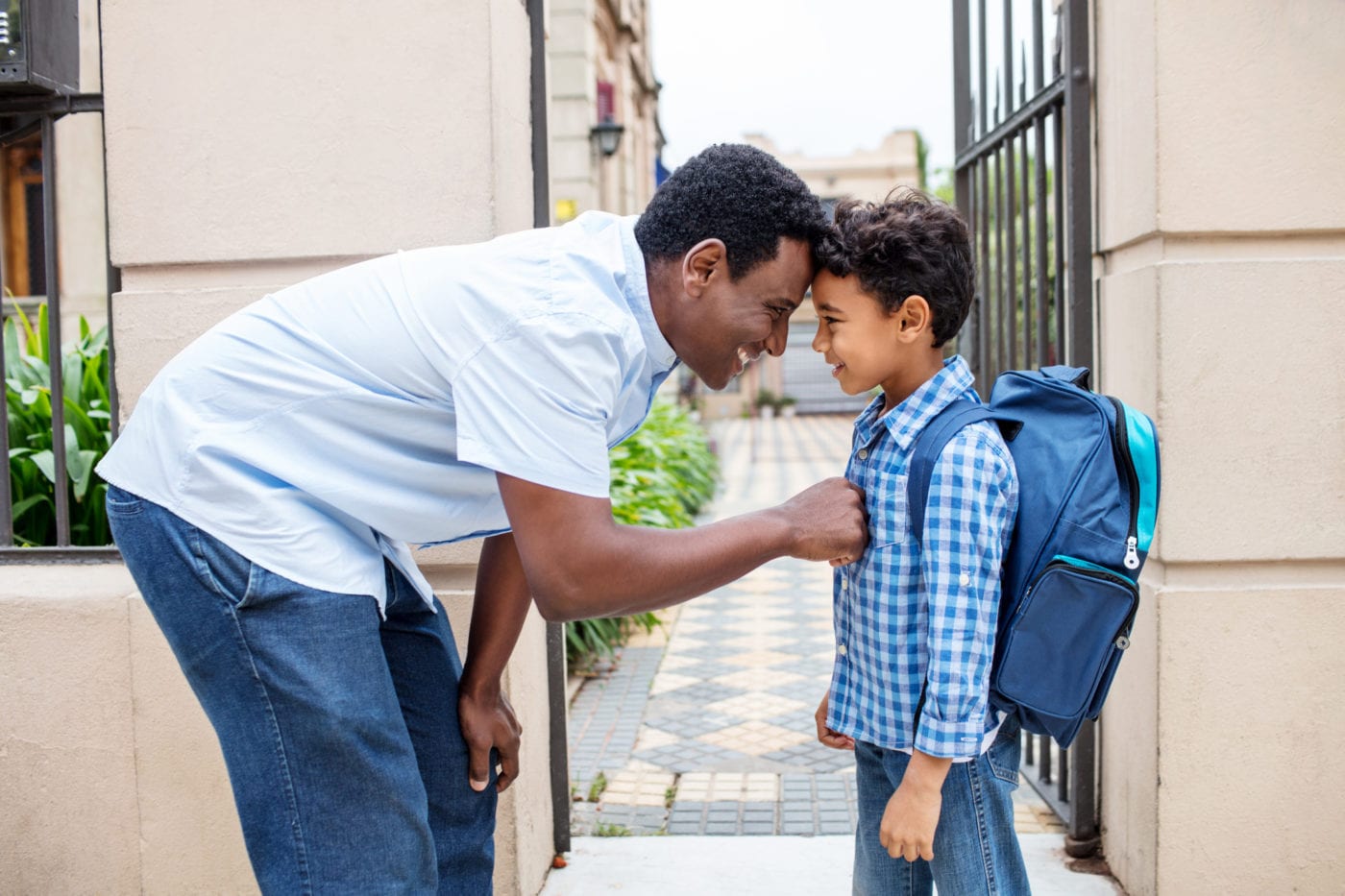Six-year-old Ryan Hreljac heard from his teacher that there were people in the world who didn’t have clean water. He decided to do something about it. Without knowing what it would require or cost, he began fundraising the only way he knew how: by doing extra chores around the house to raise the money to build a well in Agweo, Uganda. Thanks to a local newspaper story and a TV interview, people sent him money and the well got built. Since then, Ryan’s Well Foundation has completed nearly 1,600 water projects in 17 countries.
While what he’s done is amazing, the truth is that Ryan was like most six-year-olds. They all want to make an impact. The difference is that Ryan stood up for what he believed, not realizing that standing up the way he did would actually change the world. All our kids can change the world like Ryan did, but they have to stand up first, too. Here are 4 things to teach your kids to stand up for.
1. For Those Who Don’t Fit In
In any group, kids quickly recognize the ways in which someone might be “different.” They often quickly exclude those individuals by cruel words and actions. We need to teach our kids that standing up for those who don’t fit in starts by refusing to join in with any mockery or bullying. We also need them to see that with a little effort, they can help people who don’t fit in to become part of the community. If we don’t teach our kids to stand up for people who don’t fit in, we risk their either standing idly by when another is bullied or, worse, they become the bullies themselves.
2. For the Poor
Our kids don’t need to look on the other side of the world to find poverty. The poor are in our own communities. Fortunately, in most communities, there are groups already making efforts to meet the needs of the poor, using food banks, soup kitchens, shelters, and other forms of support. We need to teach our kids that standing up for the poor involves donating both money and service to support those who have a little less than our own families do. Kids who become adults who have never cared for the poor grow up to lack important virtues like empathy and compassion.
3. For Women
Despite the fact that our kids are growing up in the 21st century, there are still many ways in which women are treated as second-class citizens to this day. In certain parts of the world, women lack basic rights including the ability to go to school or to hold certain positions of civic authority in their countries. Even here in North America, women are often treated as objects by men, whose looks and catcalls demean them, not to mention the beauty industry and pornography, which both create an impossible standard for women.
We need to teach our kids to stand up for women around the world by telling the stories of the ones who lack basic human rights. We need to teach our kids to stand up for women at home by refusing to objectify women ourselves, by pointing out the places where our own culture continues to assault women’s worth and dignity, and by teaching our kids to avoid those pitfalls at all costs. If we don’t teach our kids to grow up valuing the women in their lives, our daughters may grow up believing they deserve to be treated as objects for use.
4. Against Injustice
There are times when the crises we face are systemic, when laws are passed here at home that deny or diminish the dignity of a person or group of people. We need to raise our kids with a sense of respect for each and every human life. We also need to teach them that they should be willing literally to stand up and allow themselves to be counted. This may not be popular, and it can be done by petition, by a march, or by some other form of advocacy work on behalf of another. If we don’t teach our kids to stand up against injustice in all its forms, we risk seeing many continue to suffer abuse because there’s no one there to stand up for them.
Sound off: What are some of the other times or places to teach what your kid should stand up for?











Huddle up with your kids and ask, “Who can you help today?”